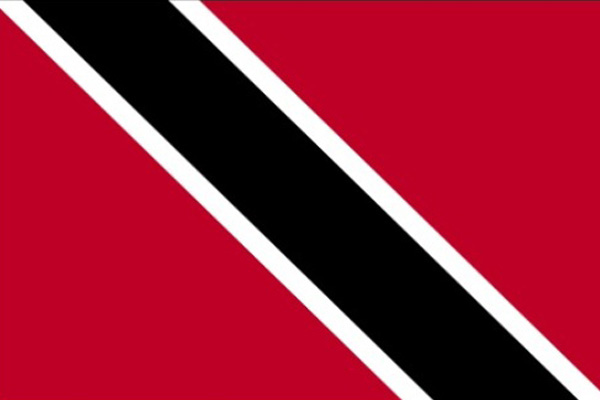PORT OF SPAIN, Trinidad, Nov 4, CMC – British Queen’s Counsel Timothy Straker is expected to continue his arguments Wednesday defending the position of the main opposition United National Congress (UNC) that the Elections and Boundaries Commission (EBC) was wrong in extending the voting time during the September 7 general election.
Straker, who is leading a battery of lawyers including former attorney general Anand Ramlogan, told the Court of Appeal on Tuesday that the election rules were designed for a purpose and that Parliament did not intend for them to be broken by the EBC.
‘The rules were designed for a purpose, and there must be consequences if they are broken,” Straker argued before the Court of Appeal that is hearing an appeal against a decision by Justice Mira Dean-Armorer to give leave to the UNC to challenge the results in six constituencies.
The EBC and the now ruling People’s National Movement (PNM) are challenging the decision and calling on the court to declare that petitions filed challenging the results of the elections in the so-called six marginal constituencies null and void.
Justice Dean-Armorer had on September 18 given the UNC leave to file the petitions based on the argument that the EBC had no power to extend the September 7 general election voting time by one hour, due to inclement weather.
But the attorneys for the EBC and the PNM said that the petitions were “hopeless” and called on the Appeal Court, headed by Chief Justice Ivor Archie to dismiss the matter.
EBC Senior Counsel Russell Martineau said the UNC’s challenge of the parliamentary polls were “all hopeless” with two of the petitions being, “more hopeless than the others”.
However in his arguments, the British Queen Counsel argued that by extending the polls by an hour, the EBC flagrantly disregarded the Election Rules set out by the Parliament.
“Parliament says the polls must open from 6 am to 6 pm,” he said, even as Chief Justice Archie questione the eventual effect, if any, the extension of time had on the polls in the six constituencies.
But Straker insisted that the EBC was wrong, adding “there is no discretion in the adherence of the rules. Rules are to be followed to the letter.
“The case is of great seriousness. It goes to the heart of democracy in Trinidad and Tobago which ought to have a free and fair system of elections,” he said, adding that a breach of the Election Rules had the potential to threaten the stability of the government, and the faith of the electorate in the election process. In his argument before the Appeal Court, Straker said what the EBC did was displace the legislative rules.
“The Chief Elections Officer was in breach of his Oath,” he said, adding “You must have an election that doesn’t support criminality. A breach of the rules is a crime”.
He said it would be ‘exceptional’ to argue that enacted legislation can be ignored, when there was evidence of ‘multiple criminality’ being effected by breaching the Elections Rules.
The lawyer also argued that it would be difficult to establish what were the effects of the breaches on the electorate, in response to repeated queries by the Chief Justice who asked for details on what effects the extension had on the eventual outcome of the polls.
“We don’t know how it affected voters’ behaviour,” Straker said, noting that the court could not make a presumption on how it would have affected voters.
“People can be affected in different ways,” he said, arguing that it would be ‘idle’ to suggest that the petitioner can come to the court with evidence of the numbers of votes taken during the extended hour. as he also reminded the judges that to get this information, permission had to be sought and granted to have access to this.
“This happens after you are granted permission to present a petition,” he said.
“It is ridiculous to say leave should be refused because the petitioner does not give ‘chapter and verse’, he said of the evidential threshold to be crossed at the leave stage. The information is not available to him,” he said. He also urged the court to not disregard the “wholesale flouting of the law” by the EBC, even if it was unsure of the effects the breaches had on the polls. “
“We can’t be sure of the outcome. It could be that antithetically it did not affect the results, but there were multiple breaches throughout the constituency,” he said, adding “every single vote should be cast.
“Parliament set restrictions. It was an open and substantive breach,” Straker said, adding that by changing the hours of voting, the integrity of the process was compromised.
“There was no legal warrant to extend the polls,” he told the Court of Appeal.

